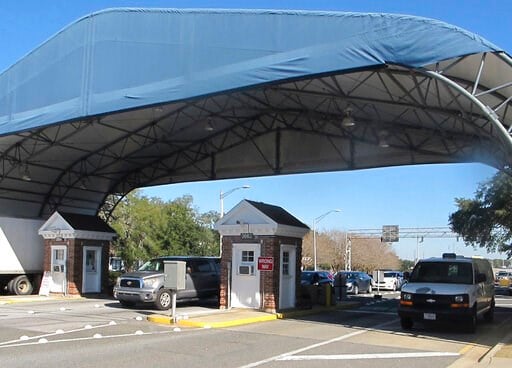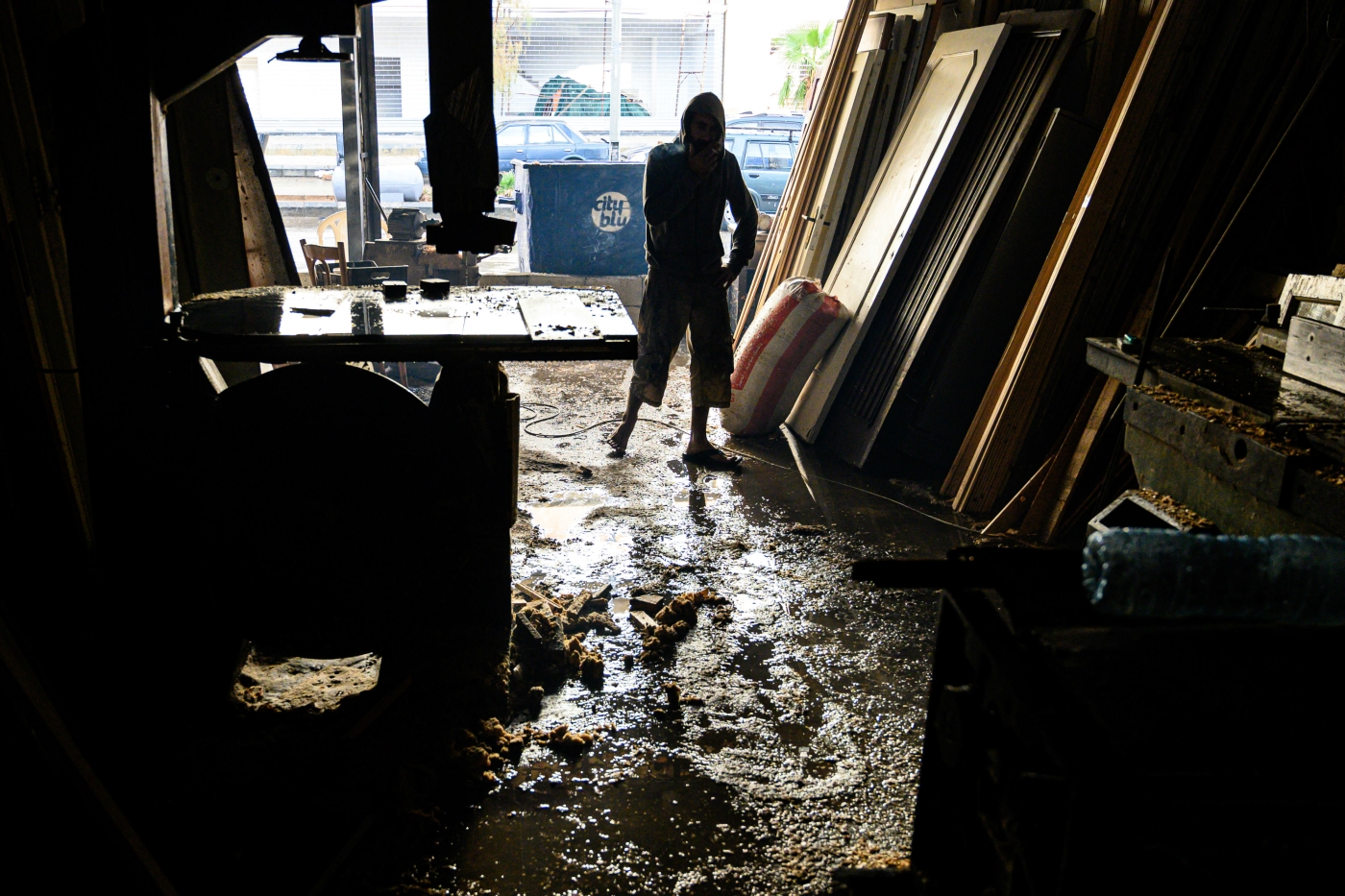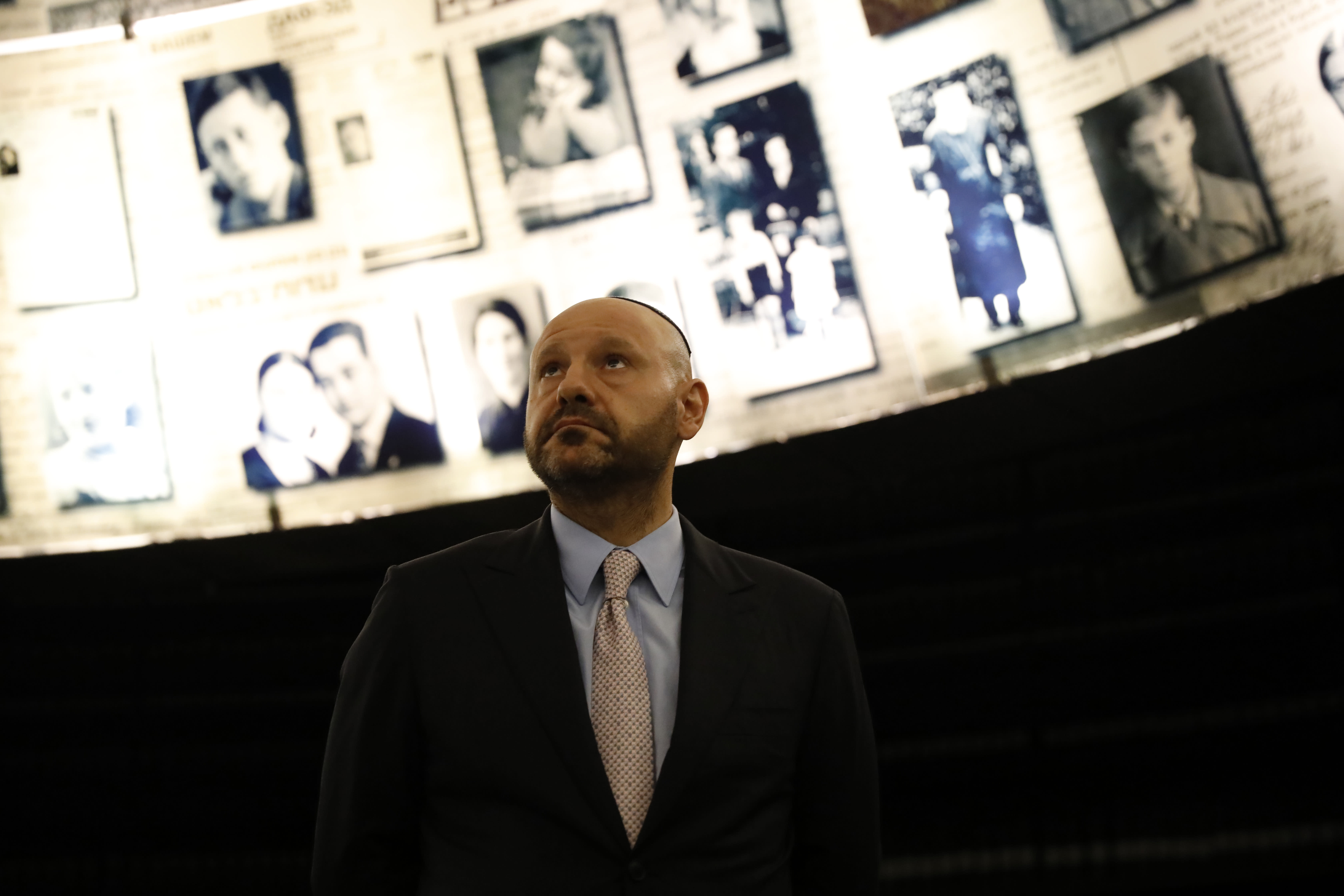


by AFP — WASHINGTON: Key lawmakers called Sunday for a halt to a Saudi military training program after a shooting rampage at a US naval base in which a Saudi officer killed three American sailors. US Defense Secretary Mark Esper said he has ordered a review of vetting procedures while defending the training program that brought Mohammed Alshamrani to Pensacola Naval Air Station in Florida. Alshamrani, a 21-year-old second lieutenant in the Saudi Royal Air Force, opened fire in a classroom at the base on Friday, killing the three sailors and wounding eight other people before being shot dead by police. The FBI: Rachel L. Rojas, FBI agent in charge said Sunday the shooting was being investigated with the “presumption” it was an act of terrorism, but that authorities had yet to make a final determination.
FBI are reportedly focused on finding several unaccounted for Saudi nationals linked to the shooting, as additional details have emerged about the shooter’s movements in the weeks leading up to the rampage. “The fact that the FBI has not been able to, the reports say, the FBI has not been able to talk to every airman. I mean, I can’t imagine that,” US Senator Scott said on “Fox & Friends.” “If the Saudi government is our ally, our partner, they will make sure that there is full cooperation, not one airman needs to leave this country until the complete investigation.”
Alshamrani was reported to have posted a manifesto on Twitter before the shooting denouncing America as “a nation of evil.” “We need to suspend the program until we investigate,” Senator Lindsey Graham, an influential Republican on national security issues, said on Fox News. “I like allies. Saudi Arabia’s an ally, but there’s something really bad here fundamentally. We need to slow this program down and reevaluate,” he said. US media reported that six Saudi nationals also assigned to the base have been questioned, and that Alshamrani had shown videos of mass shootings at a dinner party the night before the attack. In a pre-taped interview that aired on Fox News Sunday, Esper confirmed that several Saudis have been detained, including “one or two” who filmed the shooting on their cellphones. He said it was unclear if they began filming before the shooting began or after it started.
Authorities believe the gunman made social media posts criticizing the U.S. under a user handle similar to his name, but federal law enforcement officials are investigating whether he authored the words or just posted them, said the official, who was not authorized to discuss the matter publicly and spoke to The Associated Press on condition of anonymity. Also, investigators believe the gunman visited New York City, including Rockefeller Center, days before the shooting and are working to determine the purpose of the trip, the official said. All international students at the Pensacola base have been accounted for, there have been no arrests, and the community is under no immediate threat, Rojas said at a news conference. A Saudi commanding officer has ordered all students from the country to remain at one location at the base, authorities said. “There are a number of Saudi students who are close to the shooter and continue to cooperate in this investigation,” Rojas said. “The Saudi government has pledged to fully cooperate with our investigation.”
Earlier in the week of the shooting, Alshamrani hosted a dinner party where he and three others watched videos of mass shootings, another U.S. official told the AP on Saturday. Alshamrani wounded two sheriff’s deputies, one in the arm and one in the knee, before one of them killed him. Eight others were also hurt. Both deputies were expected to survive. Alshamrani used a Glock 9 mm weapon that had been purchased legally in Florida, Rojas said. Family members and others identified the three dead as Joshua Kaleb Watson, a 23-year-old graduate of the U.S. Naval Academy; Airman Mohammed Sameh Haitham, 19, of St. Petersburg, Florida, who joined the Navy after graduating from high school last year; and Airman Apprentice Cameron Scott Walters, 21, of Richmond Hill, Georgia. The official who spoke Saturday said one of the three students who attended the dinner party hosted by the attacker recorded video outside the classroom building while the shooting was taking place. Two other Saudi students watched from a car, the official said.
VETTING











